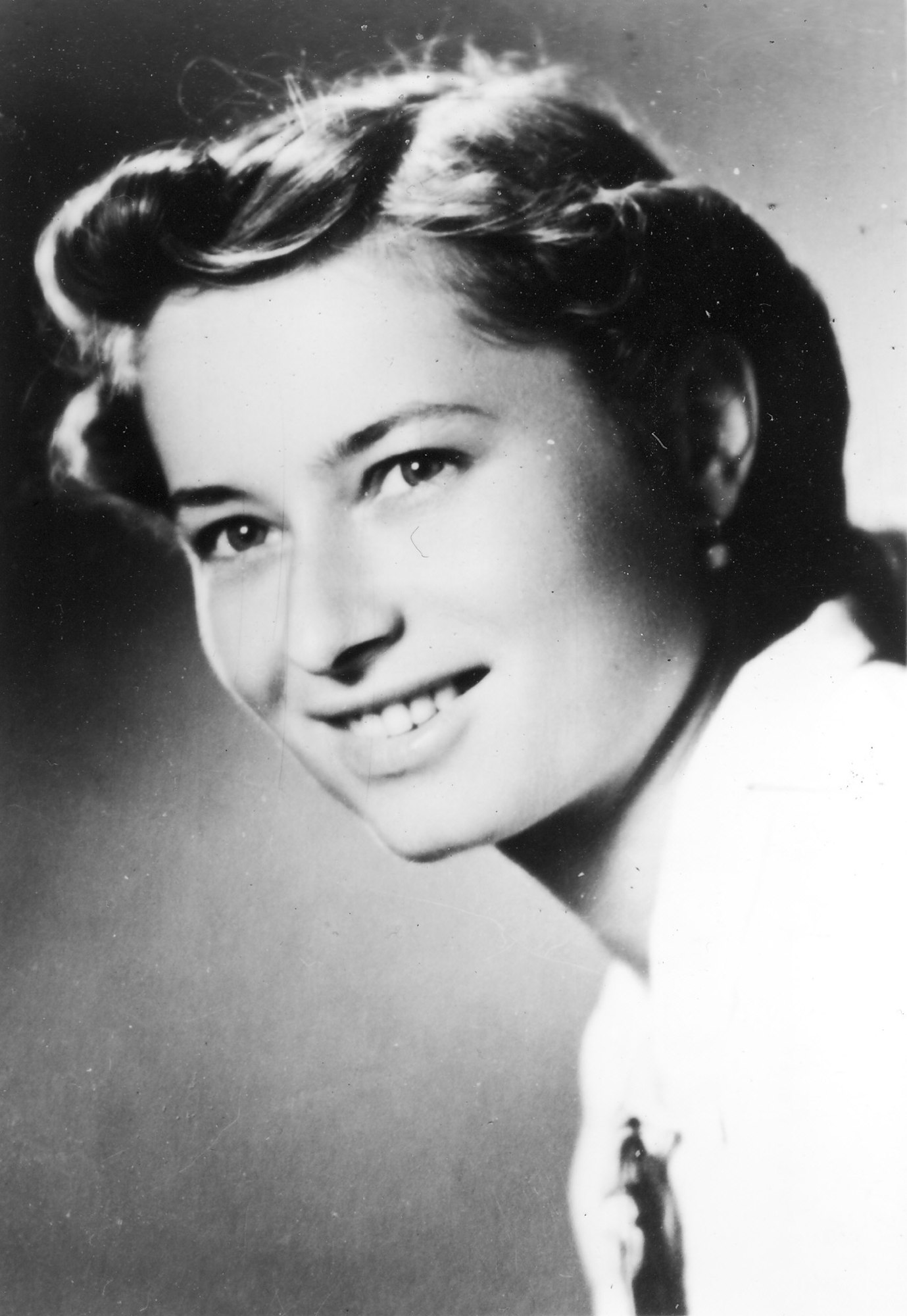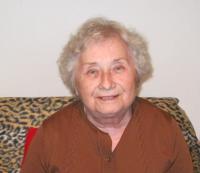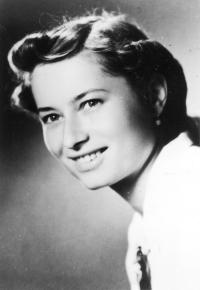“Convicted in one of the first political trials.”

Download image
Růžena Kamarádová, née Sedláčková, was born in 1924 in Olomouc. Since her childhood she had been an ardent member of the Sokol and a devout supporter of Masaryk’s democratic ideals. She took part in the Sokol rally in June 1948, which became a protest against the new Communist government. In September of the same year, she also went to Prague to be at the funeral of former President Edvard Beneš. When her colleague brought an unpublished transcript of the speech that was delivered by Beneš on the occasion of the demise of the democratic ministers, she decided to reproduce it and disseminate it among her friends. This, however, cost her dearly as she was arrested in September 1948 and sentenced to 7 years of imprisonment. She served three years of her sentence in the women prison in Olomouc. She left prison with broken health from the constant stress she endured. She had to be treated for several months before she recovered. Afterwards, she was assigned to labor in the TOS in Olomouc. She was still on probation and the secret police (the StB) watched every step she made. In 1956, she left on maternal leave and thereafter, made a living for several years as a laundrywoman because she was unable to get another job. In 1968, thanks to the help of her friends, she finally got a decent job working for the ČSD Olomouc monitoring the transport of revenues. Here, she worked until her retirement. She presently lives in Olomouc.

